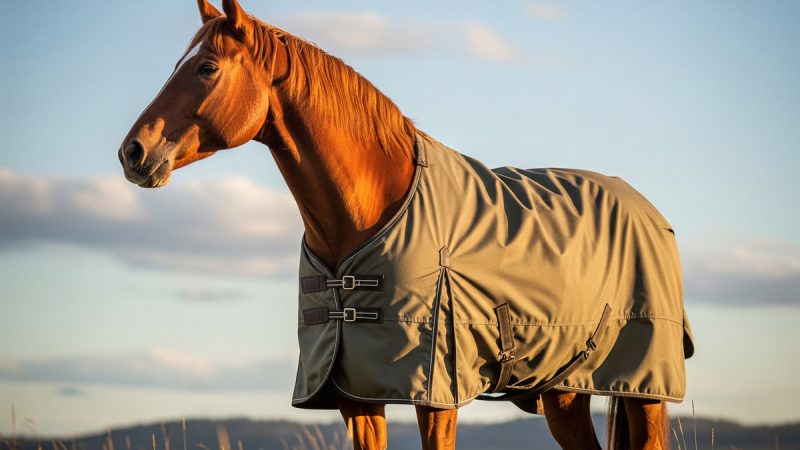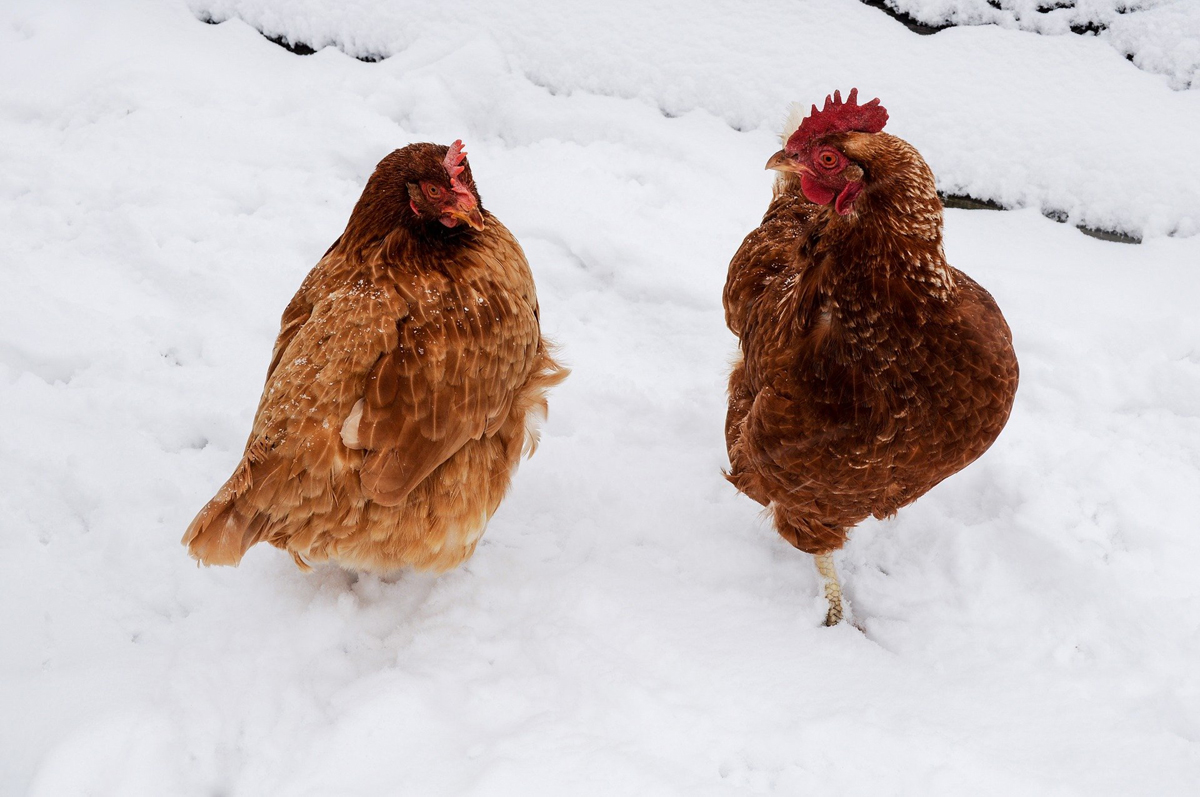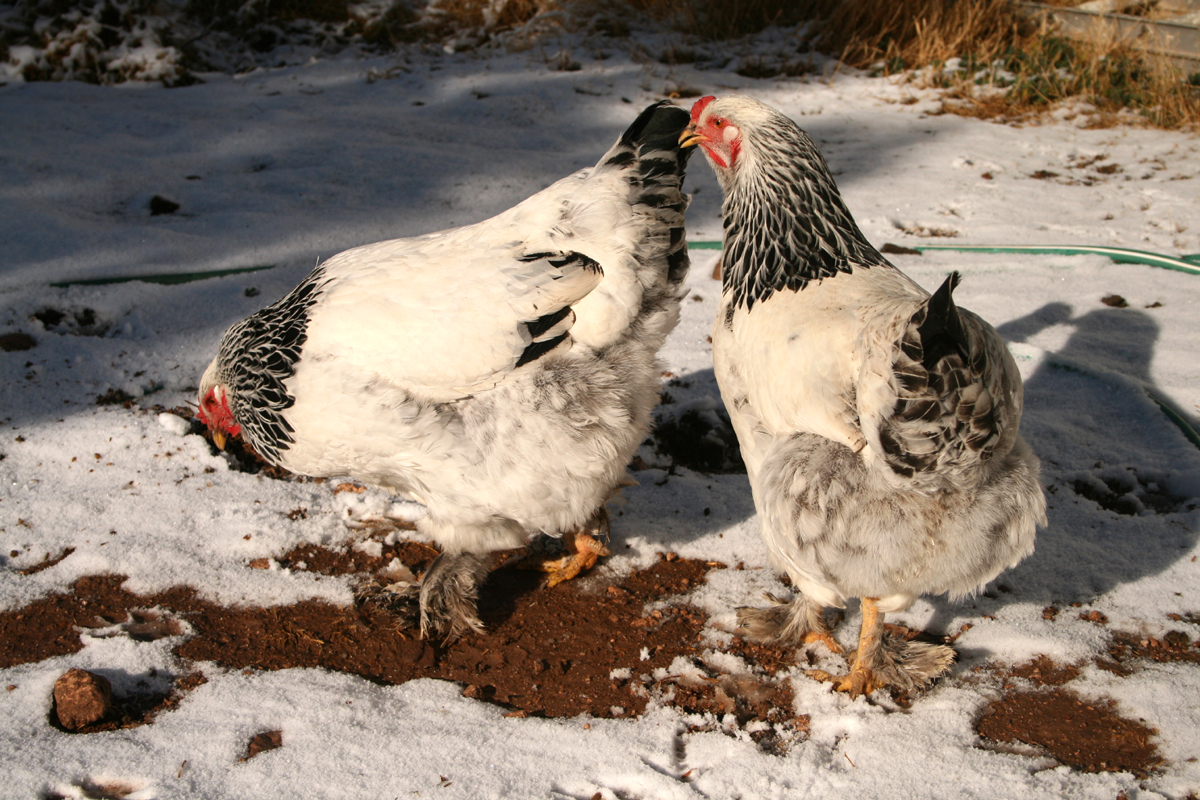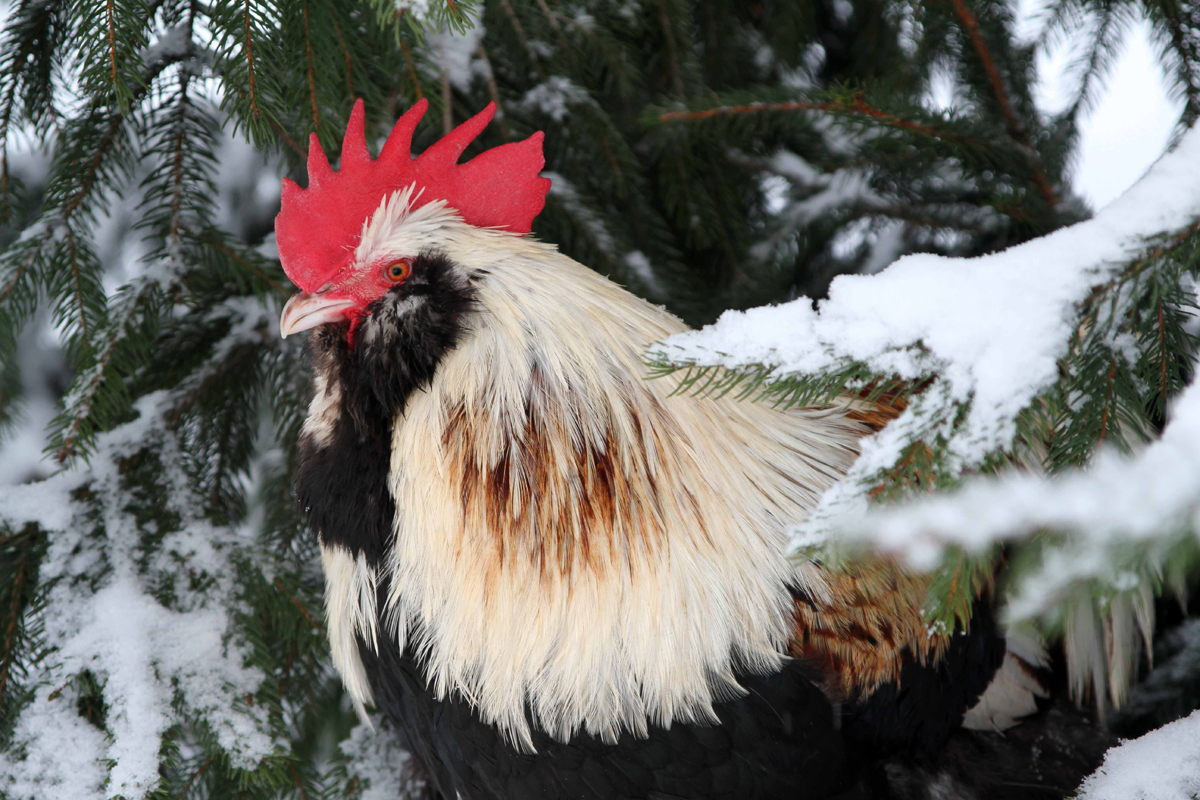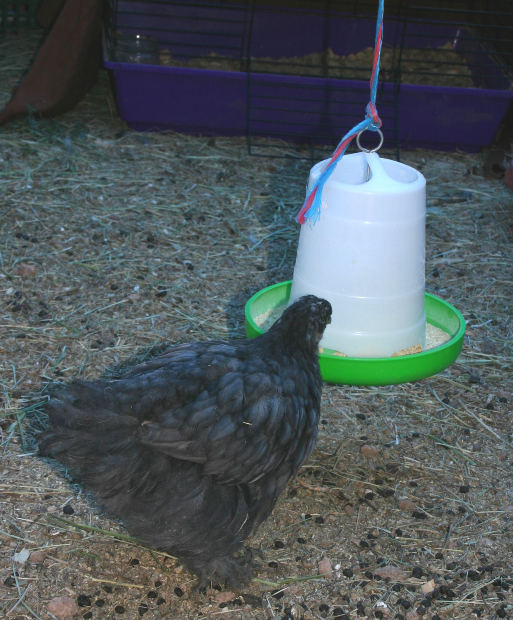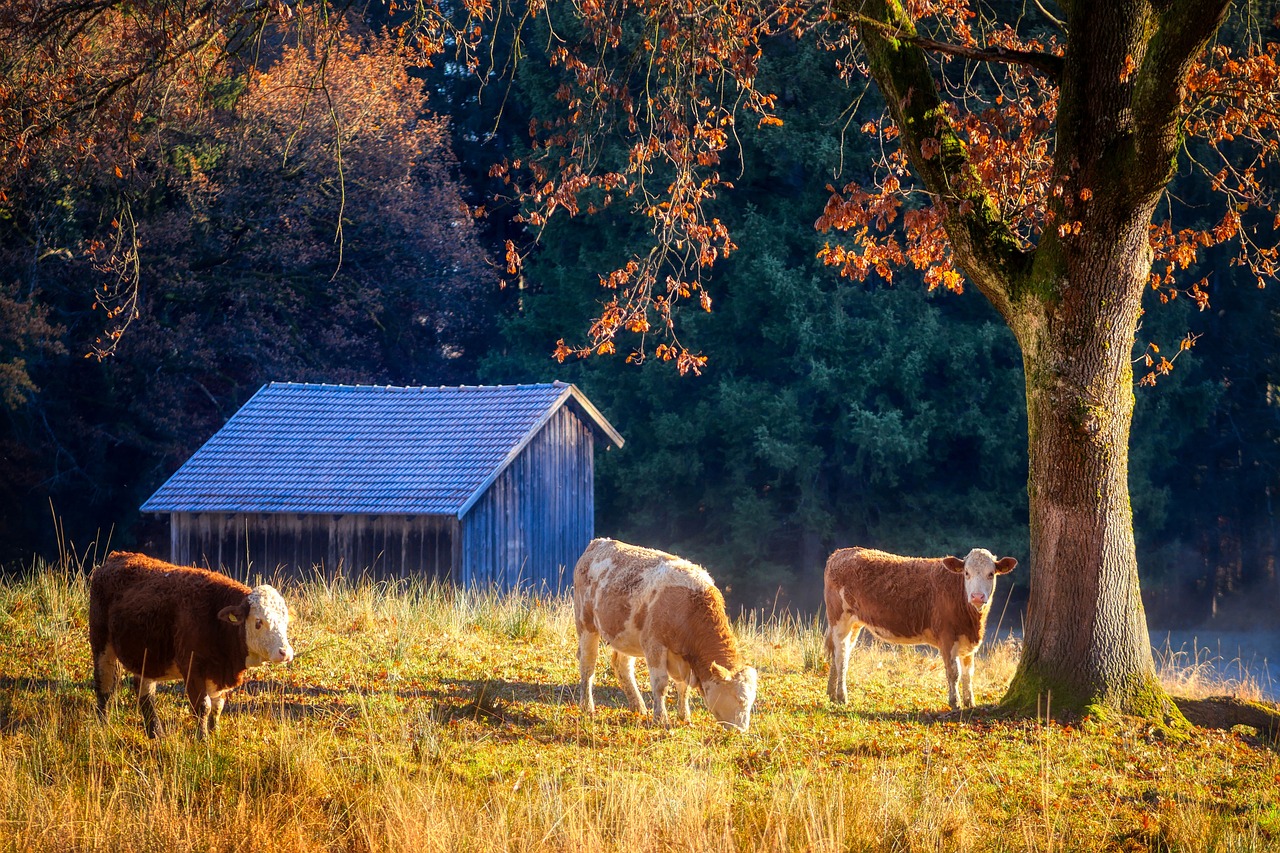Chickens and The Home Vegetable Garden
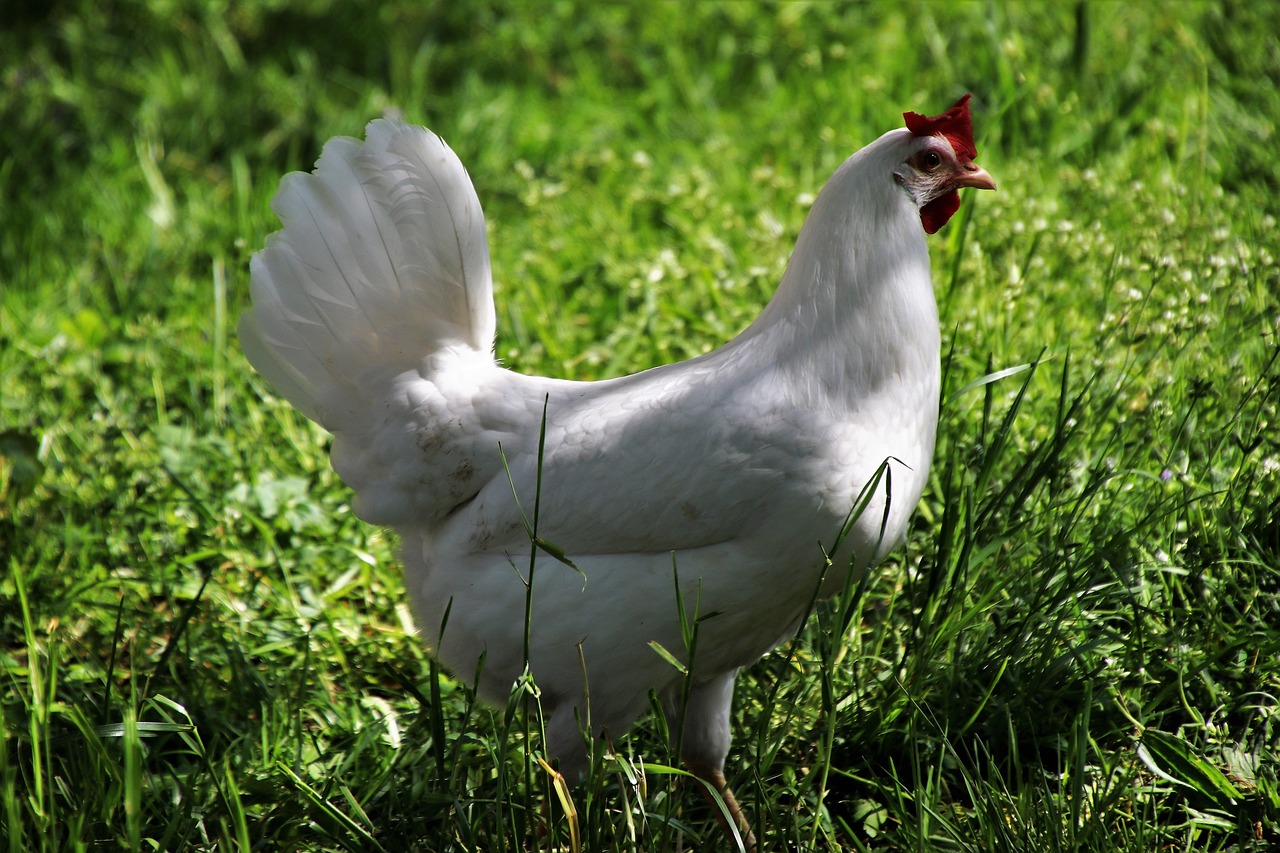
I have recently begun a quest to learn as much as I can on the benefits of chickens that goes beyond their ability to lay eggs. A quest that my wife believes has turned into a near obsession. I’ll save that conversation for a later article and podcast. For now I want to concentrate on why chickens make for a great addition to a backyard home vegetable garden.
Before you even consider adding chickens, if you live in a suburban area like our family, check with any ordinances in your town to make sure it is legal to have them. In my town we are allowed up to 4, although I am sure if I had 6 or 8 I could bribe my neighbors with eggs, fruits, veggies and herbs from my backyard. Oops! Did I say bribe? I meant donate.
I have been vegetable gardening for over 30 years so that part of it I know very well. Chickens, however, are new to me. Although my grand parents had chickens on their farm in Wilkes Barre, PA way back in the early to mid 1900’s, I never had a chance to talk to them about it. The lesson here, make sure you learn as much as you can from those that have already done it and have been doing it longer before it’s too late.
One of my biggest challenges is understanding how big the coop has to be, the amount of room chickens need, what breed would be best and what do I do with them in the winter time. Sure it doesn’t get nearly as cold here in New Jersey as it does in Minnesota or North Dakota, but we do get plenty of snow and temps will drop to below freezing for most of January and February.
I recently had a chance to ask many of these questions to Lisa Richards of Mack Hill Farm which is located in Marlow, NH. Lisa has been keeping chickens for quite sometime and writes about them in her farm journal. On her farm she raises sheep, chickens, keeps bees, makes maple syrup and so much more. I felt as if I had hit the jack pot. An expert on the topic.
According to Lisa, a really good breed of chicken for colder climates is the Icelandic. They are a rare breed that are “used to low light” and will “continue to lay all winter.”
“The best thing about Icelandic chickens is that they go out and forage all winter long, despite deep snow and bad weather. They really are sort of amazing,” says Lisa. “They all roost high up in the roof of our coop, and we keep about 50 of them in a 6 x 12 foot building. They are only in there at night and to lay eggs.”
They make for a great choice because they do not get very large at all at about 3 pounds but are a strong. Lisa says she has seen 3 day old chicks following momma hen around in the snow. The Icelandic are a rare breed as Lisa says, there are only about 3,000 of them worldwide. More information about Lisa and Mack Hill Farm can be found on her website.
As I do more research I am learning quite a bit about chickens and their roll in the home vegetable garden. For starters chickens produce great manure which can be tilled into the soil to add much needed nutrients. Ok, that one was a given, but did you know that you should give their manure a minimum of 6 months before planting anything in that spot? And, chicken manure makes for a great addition to a compost bin from what I read, although I haven’t tried that one myself, yet (something new to try and look forward to I guess).
Chickens, in many cases will keep insects to a minimum in the backyard if you let them roam free, although many I have talked to said if you don’t keep an eye on your chickens they will wreak havoc on your garden as well.
As for other tips on keeping chickens, I turned to Susan Tordella, the “Chicken Eggducator” of FowlBehavior.net. She absolutely loves the white and brown leghorns as they are tremendous producers of eggs. So good at it that she claims “they lay eggs as regularly as humans laugh”. She recommends that you do not crowd your chickens. Give them at least 2 to 3 square feet each in the coop and more room in the yard. She says that during winter to remember that they are animals and have feathers to keep them warm, the important thing is to keep them dry. She likes to use an open air method. She says that if you live in a climate where temps get frigid you might have to invest in a water heater.
Chickens are just another avenue you can travel down as you embark on home vegetable gardening. Of course if you are new to gardening, jumping in with chickens may not be your best bet, just yet.
The Author:
Mike Podlesny is the owner of Mike the Gardener Enterprises, LLC, the exclusive home for the Seeds of the Month Club, which has appeared on NBC, ABC and MSN Money as a great way for consumers to save money. http://www.averagepersongardening.com
Photo. Pasja1000
Source: EA


